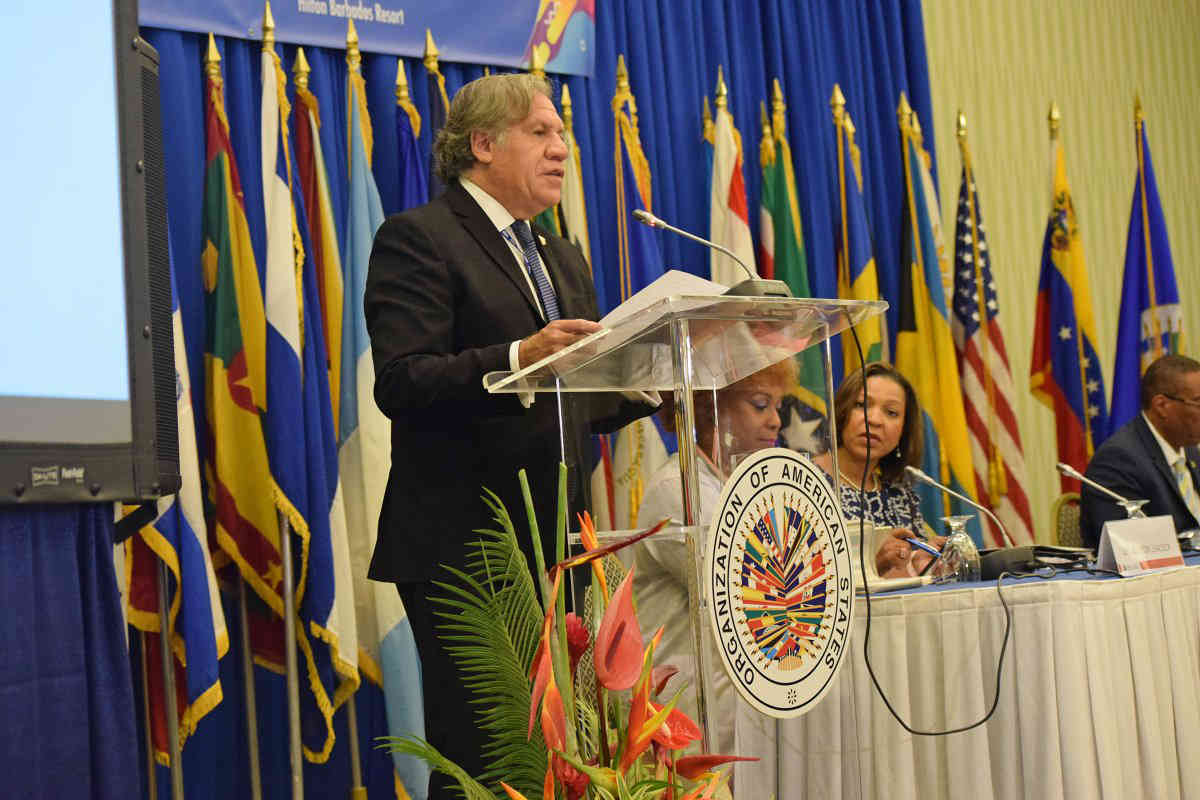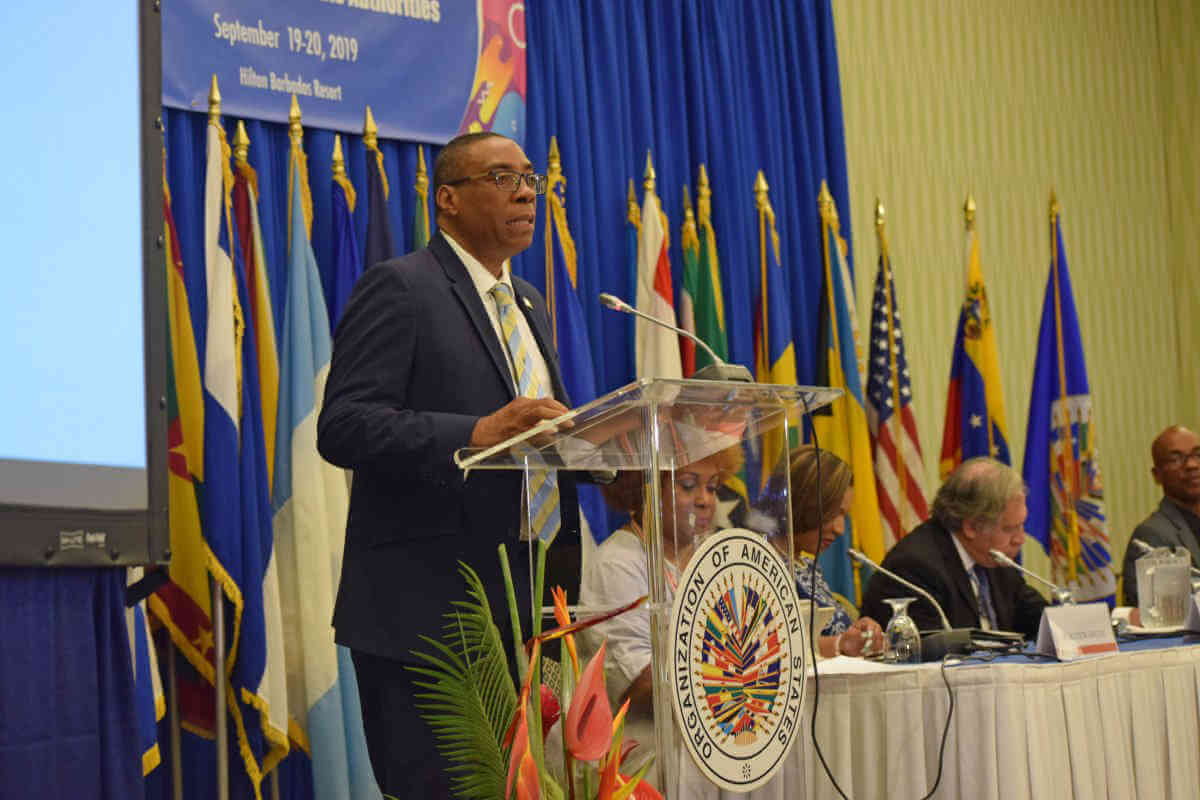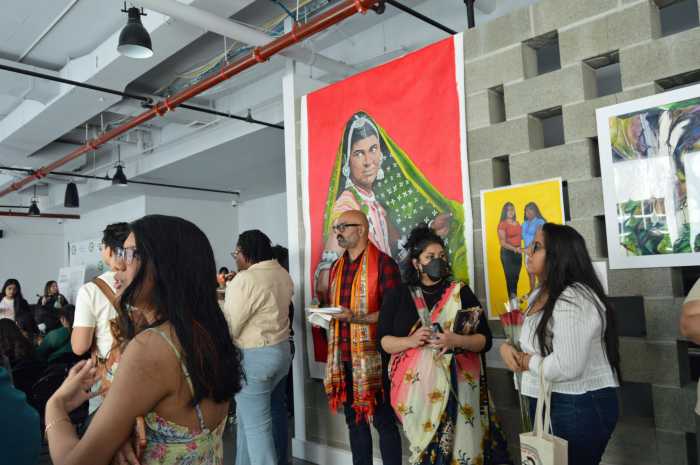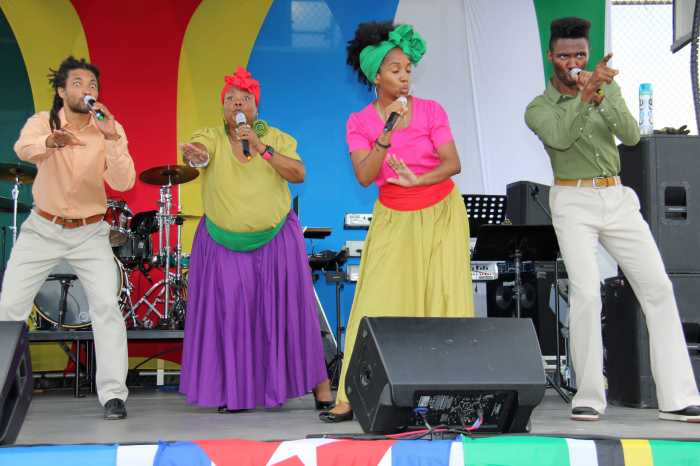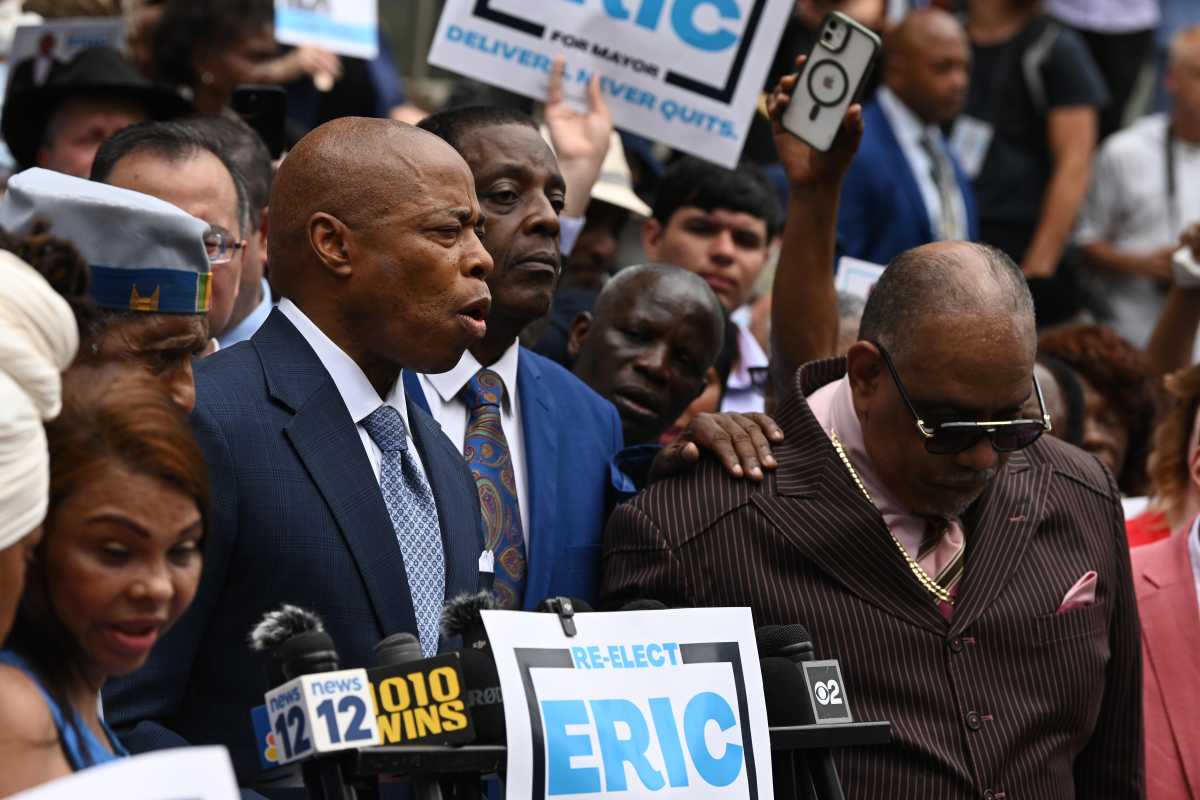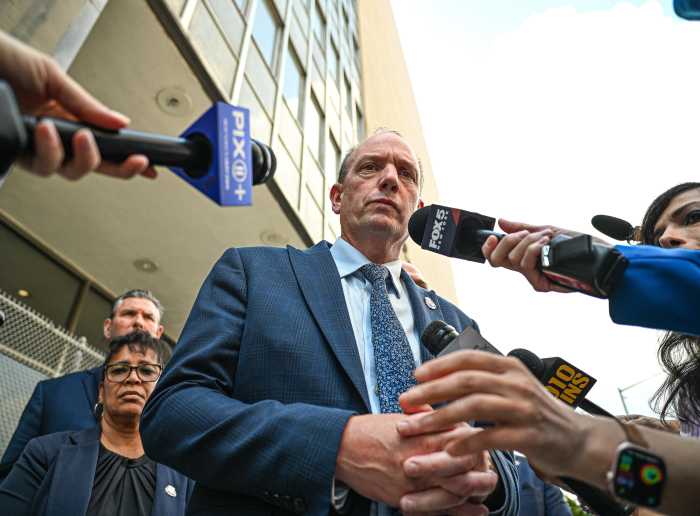The Organization of American States (OAS) says Caribbean culture ministers have joined their OAS-member counterparts in approving the Declaration of Bridgetown on “Strengthening of the creative economy and culture sector: Repositioning the culture sector to secure sustainable development.”
The OAS said the declaration was signed in Bridgetown, the Barbados capital on Friday at the end of the two-day Eighth Inter-American Meeting of Ministers of Culture.
“The declaration stresses the importance of harnessing the power of the creative economy and the culture sector to support jobs and growth, and the need to safeguard and promote culture to contribute to the achievement of the (United Nations) Sustainable Development Goals (SDGs),” the OAS said.
It said the commitment recognizes that creative and cultural industries can act as “economic drivers through the production, dissemination and/or commercialization of cultural and artistic goods, services and products,” and that they “offer new opportunities to boost countries in development towards digital areas and other high growth areas of the world economy.”
The OAS said the declaration focuses on specific commitments to design and implement public policies that encourage knowledge management, innovation and the development of new technologies, “taking into account the role of the creative economy and the cultural sector.”
The declaration encourages cooperation among countries to foster innovation and creativity amongst micro, small and medium sized enterprises, as well as other productive units of the cultural sector; and promotes “intersectoral links between sustainable development and the promotion of diversity and richness of tangible and intangible cultural heritage, as well as natural heritage.”
In addition, the OAS said the declaration updates intellectual property policies and systems that favor the development of culture and the creative economy through the protection of the rights of creators and owners of creative products and services; and “promotes incentives for innovation and creativity and the encouragement of lawful access to the benefits of artistic, scientific, cultural and industrial creations.”
The declaration also fosters work on cultural data collection “to understand the importance of the cultural sector by measuring its economic impact and contribution;” and identifies alliances for the generation of policies aimed at achieving the goals and targets of the 2030 Agenda for Sustainable Development “that contribute to the advancement of the creative economy and the cultural sector.”
The OAS said the declaration seeks strategies to deepen the link between the cultural sector and other sectors, “with a view to advancing the ecosystem of the creative economy.”
John King, Barbados’s Minister of Creative Economy, Culture and Sports, who chaired the meeting said: “We must find a way to cooperate on a technical level more routinely.
He also applauded “the innovative use of technology in reaching young people,” reiterating that “the objective of the creative economy is, indeed, the development of our peoples.”
OAS Assistant Secretary General, Nestor Mendez, said that “this ministerial meeting has once again underscored the important role that the OAS plays as a convener of the highest sectoral authorities, providing a space for critical political dialogue, this time helping to examine how we can strengthen the creative economy and the culture sector to play a larger role in our development.
“These fora also provide opportunities for cooperation and collaboration among our countries and build consensus around common issues,” he added.
